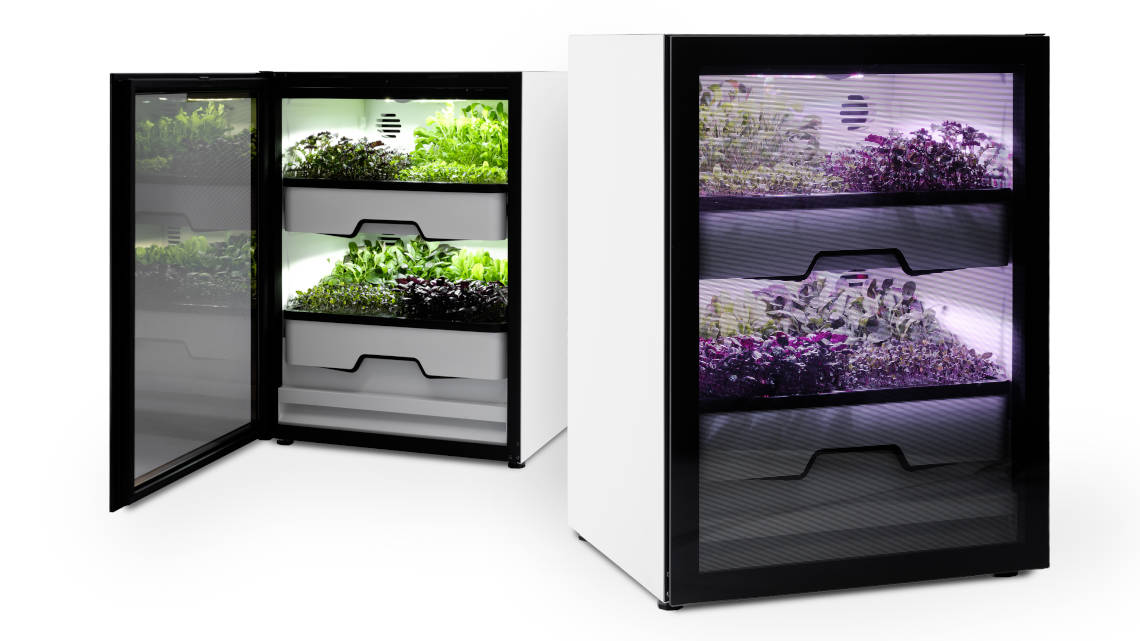Vegetables from next door
One in two consumers is willing to buy products from vertical agriculture, shows a study by the University of Göttingen.

The need for land for the cultivation of food is growing. However, erosion and climate change cause available land areas to shrink, instead. At the same time, competition for the use of these areas is increasing, for example for energy crops or raw material crops for the chemical industry. One possible solution could be so-called vertical agriculture, in which fruit and vegetables are cultivated in layers. The plants grow in a controlled environment in daylight or artificial light in nutrient solutions and do not require arable land or soil. But would consumers accept products grown in this way?
Large rather than small cultivation systems
In a study now published in the specialist journal "Sustainability", scientists from the Georg-August-Universität Göttingen sought an answer to this question. 482 consumers from Germany asked them about three horizontal cultivation systems of different sizes: a refrigerator-sized appliance for private use, a medium-sized greenhouse in supermarkets and a vertical farm that can be built in former industrial buildings. It was shown that the test persons considered larger systems to be more sustainable than smaller ones and therefore accepted their products better. 81% of the participants agreed that environmental friendliness was an important factor.
Average acceptance despite low level of awareness
Although only 7% of respondents had previously heard of vertical farming, the study found that one in two would still buy fruit or vegetables grown in this way. "Our results show that the development of vertical farming systems should focus in particular on sustainability. Only systems that are truly environmentally friendly will convince consumers," sums up Kristin Jürkenbeck, the main author of the study.
bl/um


